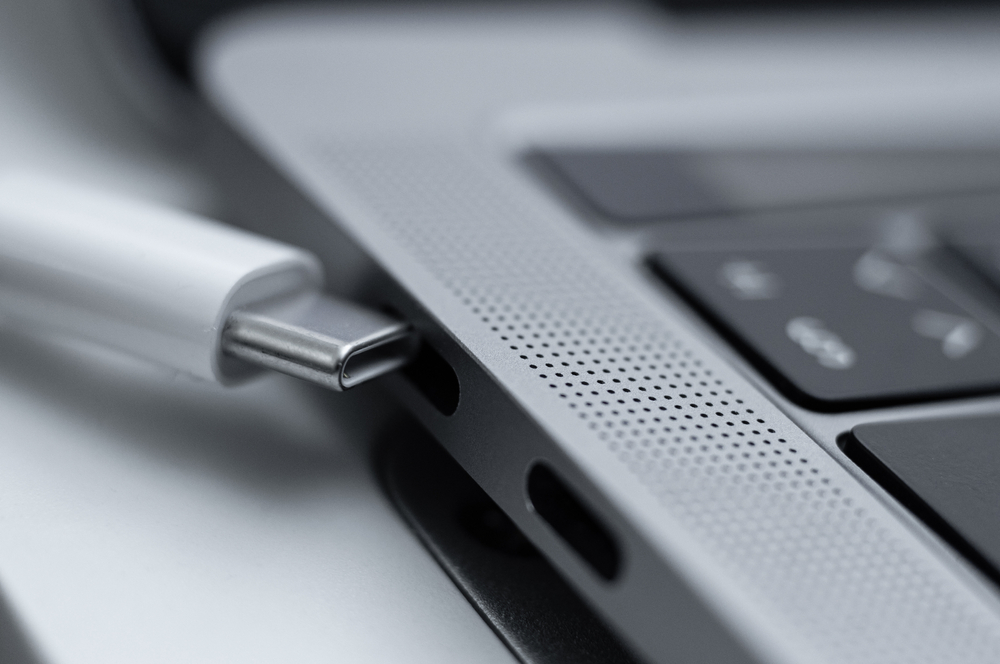Apple recently updated macOS to resolve an issue that, according to ZDNet, could result in some USB-C docks bricking specific MacBook Pro and MacBook Air models.
Apple said that “macOS Big Sur 11.2.2 prevents MacBook Pro (2019 or later) and MacBook Air (2020 or later) models from incurring damage when they are connected to certain third-party, non-compliant powered USB-C hubs and docks.”
Mac owners affected by the bug initially speculated that Apple’s new M1 chip was to blame. The first Macs to feature the chip weren’t released until 2020, however, so the inclusion of the “MacBook Pro (2019 or later)” line suggests that isn’t the case.
But it wouldn’t be surprising if the M1-equipped MacBook Pro was disproportionately affected by this bug compared to its Intel-bearing counterpart simply because it doesn’t offer nearly as much connectivity out of the box.
The most recent Intel-equipped MacBook Pro offers four USB-C / Thunderbolt 3 ports; the model featuring the M1 chip only has two USB 4 / Thunderbolt 3 ports. Both have headphone jacks, too, and the MacBook Air has the same configuration.
It’s not hard to imagine someone whose laptop only has two ports—one of which has to be used to charge the device—turning to a USB-C dock sooner than someone whose laptop has two more ports. Those cables have to go somewhere, right?
Luckily the specificity of Apple’s release notes suggests that most USB-C docks were safe—only some “third-party, non-compliant powered” accessories were to blame. Docks that were standards-compliant or non-powered shouldn’t have caused issues.
Still, the best way for anyone who owns a MacBook Pro or MacBook Air affected by this bug to stay safe would be to install macOS Big Sur 11.2.2, which is available now.
